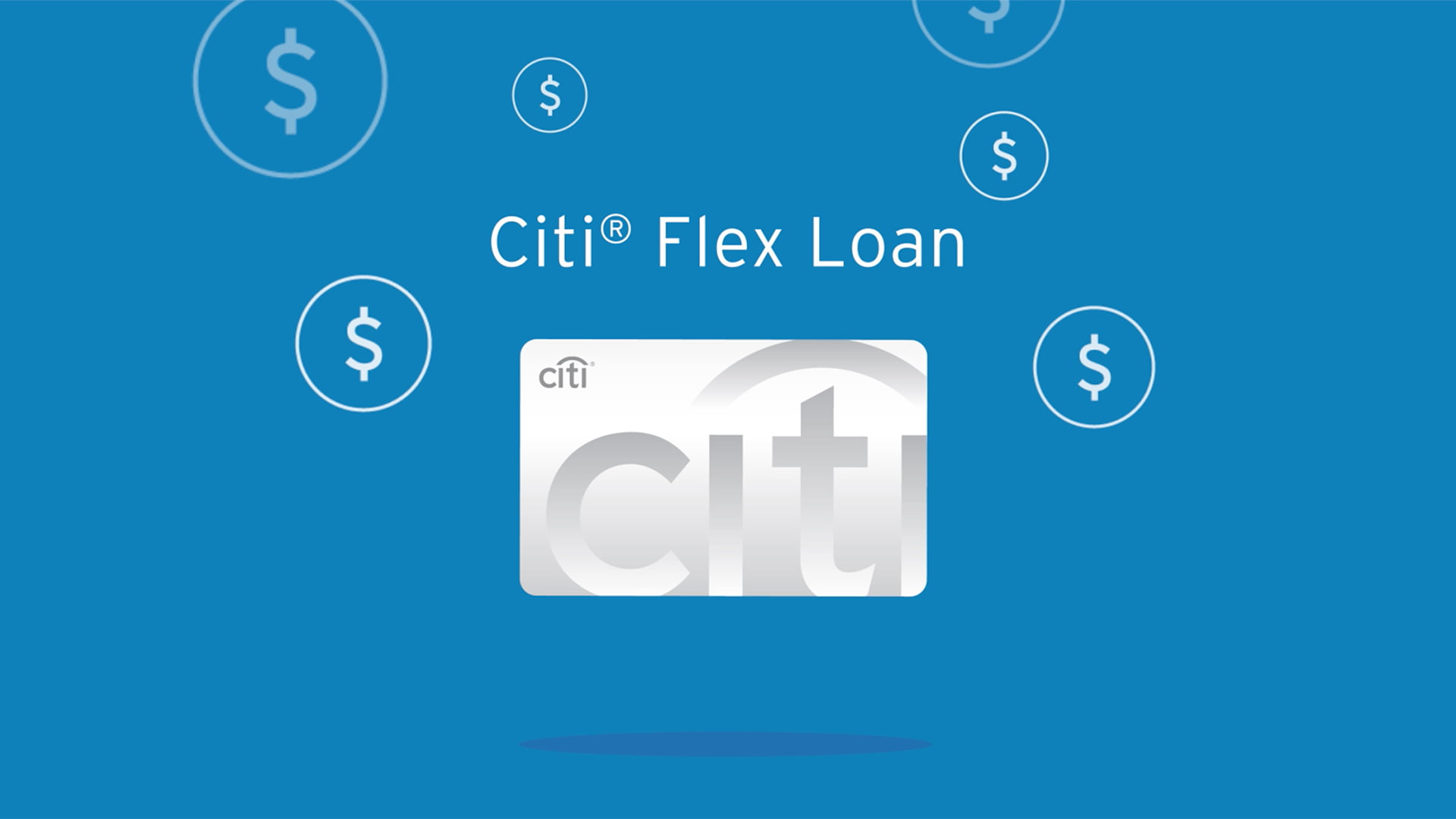
Bitcoin, the pioneering cryptocurrency, has revolutionized the way we perceive and use money. Its decentralized nature and peer-to-peer transactions have brought about unprecedented financial freedom. However, as Bitcoin transactions are recorded on a public ledger, known as the blockchain, privacy has become a growing concern. In this article, we will delve deep into the subject of enhancing anonymity in Bitcoin transactions. If you’re just starting with Bitcoin investments, educate yourself by reading useful tips and investment advice by visiting this website bwcevent.com
Understanding Bitcoin Transactions
Bitcoin transactions form the core of this digital currency’s functionality. When an individual, such as Alice, desires to transfer Bitcoin to another party, like Bob, a transaction is instigated. This transaction is then disseminated across the extensive Bitcoin network, where miners assume the role of validating its authenticity before incorporating it into the blockchain. Effectively, the blockchain functions as a transparent ledger, ensuring that all Bitcoin transactions remain openly accessible and verifiable to anyone within the network.
Challenges to Privacy in Bitcoin Transactions
- Traceability: Every Bitcoin transaction is traceable on the blockchain. While the identities of users are hidden behind cryptographic addresses, the history of each address is entirely visible. This makes it possible for anyone to trace the flow of funds.
- Address Reuse: One common privacy pitfall is address reuse. When Alice uses the same address for multiple transactions, it becomes easier for observers to link these transactions together, potentially revealing her financial history.
Techniques for Enhancing Privacy in Bitcoin Transactions
- CoinJoin and Coin Mixing: These techniques involve mixing transactions from multiple users to obscure the source and destination of funds. CoinJoin enables users to combine their transactions into a single, complex transaction, making it challenging for external parties to trace individual inputs and outputs. Privacy-focused wallets often integrate CoinJoin services.
- Confidential Transactions: Confidential Transactions use advanced cryptographic techniques to hide transaction amounts while still allowing network participants to verify the transaction’s validity. This ensures financial privacy without compromising security.
- Privacy-Focused Wallets: Wallets like Wasabi and Samourai Wallet are designed with enhanced privacy features. They offer functionalities such as CoinJoin, transaction batching, and address management to help users maintain anonymity.
- Hierarchical Deterministic (HD) Wallets: HD wallets generate a new address for each transaction, preventing address reuse. This simple practice can significantly improve privacy.
The Role of Privacy Coins
Privacy coins such as Monero and Zcash represent a significant advancement in the realm of cryptocurrency privacy. Unlike Bitcoin, which defaults to transparent transactions, privacy coins come equipped with intrinsic anonymity features. These digital currencies employ sophisticated cryptographic techniques to conceal transaction particulars, rendering the tracking of funds nearly insurmountable for external parties. This heightened level of built-in privacy has made privacy coins a favored choice among users seeking enhanced financial confidentiality within the cryptocurrency ecosystem.
Regulatory and Ethical Considerations
As cryptocurrencies continue to gain widespread recognition, governments are placing greater emphasis on regulatory measures. Privacy-enhancing methods, while essential for safeguarding individual financial privacy, occasionally raise concerns about their potential misuse for money laundering or tax evasion. Striking the right equilibrium between preserving user privacy and ensuring adherence to regulatory standards is a multifaceted challenge that necessitates meticulous assessment and thoughtful navigation of the evolving cryptocurrency landscape.
Real-World Use Cases
Enhanced privacy in Bitcoin transactions has tangible benefits. For example, businesses can protect their financial data from competitors, and individuals can safeguard their wealth from prying eyes. On the flip side, there have been instances where criminals exploited the anonymity of cryptocurrencies. Striking the right balance between privacy and security remains an ongoing challenge.
Future Trends in Bitcoin Transaction Privacy
The cryptocurrency landscape is constantly evolving. Upcoming Bitcoin protocol upgrades like Taproot will introduce new privacy features. Research and development efforts in blockchain privacy are also advancing rapidly. We can expect privacy-enhancing technologies to become more accessible and user-friendly in the future.
Conclusion
In a digital age where financial privacy is increasingly valued, enhancing anonymity in Bitcoin transactions is both a necessity and a challenge. While techniques like CoinJoin, Confidential Transactions, and privacy-focused wallets offer viable solutions, privacy coins like Monero and Zcash provide a higher level of anonymity by design. Nevertheless, the regulatory and ethical dimensions of this pursuit cannot be ignored. Striking a balance between financial privacy and responsible usage remains paramount, as we look toward a future where the evolution of Bitcoin transaction privacy continues with exciting innovations on the horizon. It is up to the cryptocurrency community and regulators to navigate this path carefully, ensuring that privacy remains a fundamental aspect of financial freedom without compromising security and ethics.








